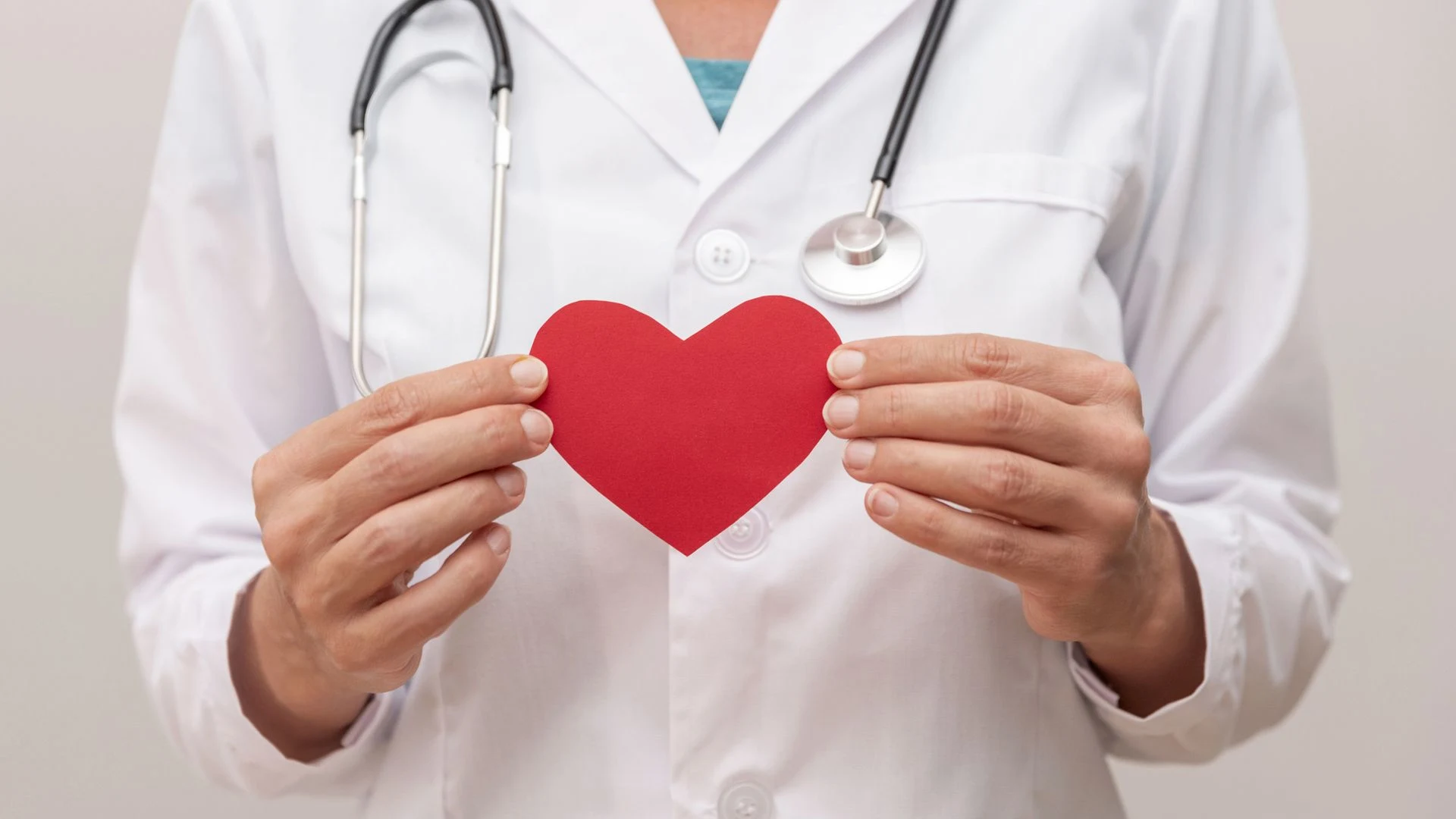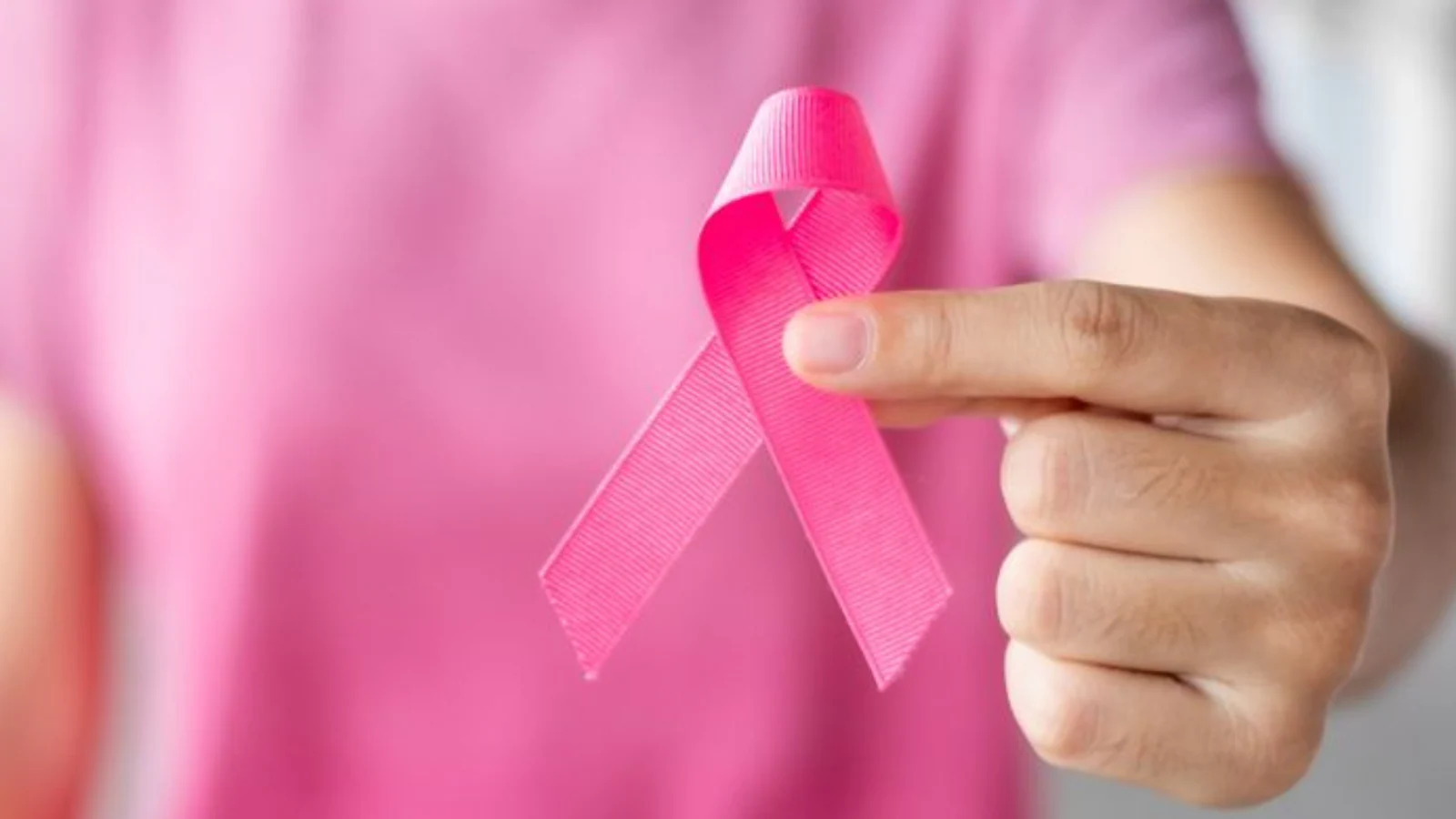Copyright hellomagazine

High cholesterol can lead to significant health problems, but it can often go unnoticed without any symptoms until it's too late. This is why it's crucial to understand the risk factors that can increase your cholesterol levels and how to reduce them naturally. To start with, it might also help to understand a little more about cholesterol itself. You may have heard of 'good' and 'bad' cholesterol and wondered what the difference is between the two, or what role they play in the body. To answer all our cholesterol-related questions, we asked Sean Taylor, Director of Science and Public Health at the World Heart Federation, to share all the vital information. What is cholesterol? "Cholesterol is a fat-like substance in your blood. You need cholesterol to develop cells and hormones and to digest fats," Sean explains. There are two types of cholesterol, but one is more favourable than the other. "HDL-cholesterol is known as 'good' cholesterol, as it travels back to the liver to be broken down. LDL-cholesterol is also known as 'bad cholesterol', because it can build up and cause fatty deposits in the walls of your arteries," Sean says. "Therefore, having too much LDL-cholesterol or too little HDL-cholesterol in your blood means you are at greater risk of these fatty deposits, which can break off and block the artery, causing a heart attack or stroke." Why symptoms of high cholesterol can go unnoticed One big issue with high cholesterol is that it isn't always obvious that you have it, and you may not have any related symptoms. "High cholesterol usually doesn’t have any symptoms. It is therefore important to discuss your heart health with your doctor, and get a blood test if they recommend having your cholesterol levels checked," Sean recommends. Risk factors for high cholesterol Certain lifestyle choices, such as drinking alcohol, smoking or eating some processed foods, can increase your risk of developing high cholesterol and cardiovascular disease. Sean says these are the ones to be aware of: Eating too much food high in saturated fats, such as fatty cuts of red meat (e.g. beef, pork, lamb), processed meats (e.g. sausages, bacon), dairy products (e.g. butter, cream, cheese), baked goods (e.g. cookies, cakes) and processed foods (e.g. most packaged savoury and sweet snacks, fast food) Not getting enough physical activity Drinking too much alcohol "Other factors that can increase your risk include certain medical conditions, such as kidney disease or liver disease, and factors you cannot change, such as age, biological sex, and genetic predisposition," Sean says. "It is nevertheless useful to be aware of them, as your doctor will take them into account when deciding if you should have a cholesterol test, and ultimately follow any course of treatment for high cholesterol." How to check your cholesterol levels If you are concerned about your cholesterol levels, the only way to know for sure is to have a simple blood test. "Your doctor can advise if you should have a cholesterol test and explain the process. It may be referred to as a lipid panel, as it will measure several things, including your LDL (bad) cholesterol level, HDL (good) cholesterol level, and the level of another lipid in your blood called triglycerides," the health expert says. Tips to reduce cholesterol naturally If you have high cholesterol, there are several steps you can take to help reduce your levels and lower your risk of heart problems. These include: Eating more healthy foods such as whole grains, fruits and vegetables, nuts and seeds and oily fish. Cutting back on foods high in saturated fat. Exercising more – aim for at least 150 minutes of moderate intensity exercise per week. This can include everyday activities such as brisk walking, cycling, or dancing. Small changes, such as parking further from work and walking ten minutes to the office, all add up. Stopping smoking and cutting back on alcohol. "For some people, these changes might not be enough to lower cholesterol to a safe range. If this is the case, your doctor will prescribe you cholesterol-lowering medication. Similarly, for people who have previously had a heart attack or stroke, cholesterol-lowering medications are essential to reduce the risk of another problem in future," the World Heart Federation expert says. Meanwhile, Sean says that it is vital to talk to your doctor before taking any supplements, natural remedies or complementary therapies for high cholesterol, as they do more harm than good. "They can also interact with or make less effective any medicines you are taking for other conditions," he explains.



